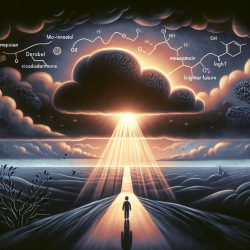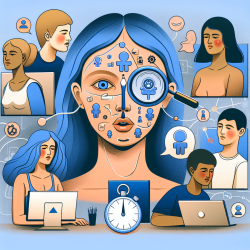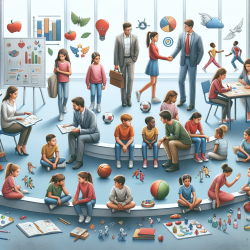As a Special Education Director, one of my primary responsibilities is ensuring that our school district complies with all legal requirements regarding the provision of services to students with disabilities. Today, we're diving into the specifics of age eligibility for special education in Virginia. Understanding these regulations is crucial for educators, parents, and service providers alike.
Are Local Educational Agencies (LEAs) Required to Serve Children Below the Age of 2?
In Virginia, the regulations are quite clear about serving children under the age of 2. An LEA is obligated to provide Free Appropriate Public Education (FAPE) to a child who is not yet two if the following conditions are met:
- The child has been referred and found eligible for special education and related services.
- An Individualized Education Program (IEP) has been developed.
- The child will be age 2 by September 30 of the current school year.
This means that even if the child is not yet 2 on the first day of school, they are entitled to receive services according to their IEP from the first day of the school year. This requirement ensures that each child with a disability has an IEP in effect at the beginning of the school year.
Practice Tip:
It is critical for school personnel to work closely with the Part C program for children whose second birthdays fall before September 30. Referrals should be made in a timely manner to allow sufficient time for eligibility determination and IEP development before the start of the school year. Ideally, referrals should be made by early April to accommodate the 65 business days required for evaluation and eligibility determination, and the 30 days needed for IEP development.
Are LEAs Required to Serve Children After They Reach the Age of 22?
Virginia regulations define the age of eligibility for special education services as ranging from 2 to 21 years old. However, there is an important exception: a student who turns 22 after September 30 is entitled to services for the remainder of that school year. For example, if a student turns 22 on November 1, they are entitled to continue receiving services in accordance with their IEP for the rest of the school year.
Extended School Year (ESY) Services:
Students who turn 22 after September 30 are also eligible for ESY services during the current school year and/or the summer following the school year in which they turned 22, if determined appropriate by the student's IEP team.
Practice Tip:
For students in their final year of school, it is crucial that their IEP includes services aligned with secondary transition regulations. School personnel should take steps to ensure that the student transitions smoothly into the next phase of their life, whether that involves further education, employment, or other appropriate settings. It's also important to note that services do not have to be provided in a high school setting; other environments may be more suitable depending on the student's needs.
Understanding these age eligibility regulations helps ensure that all students with disabilities receive the appropriate support and services they need to succeed. For more information, please follow this link.










